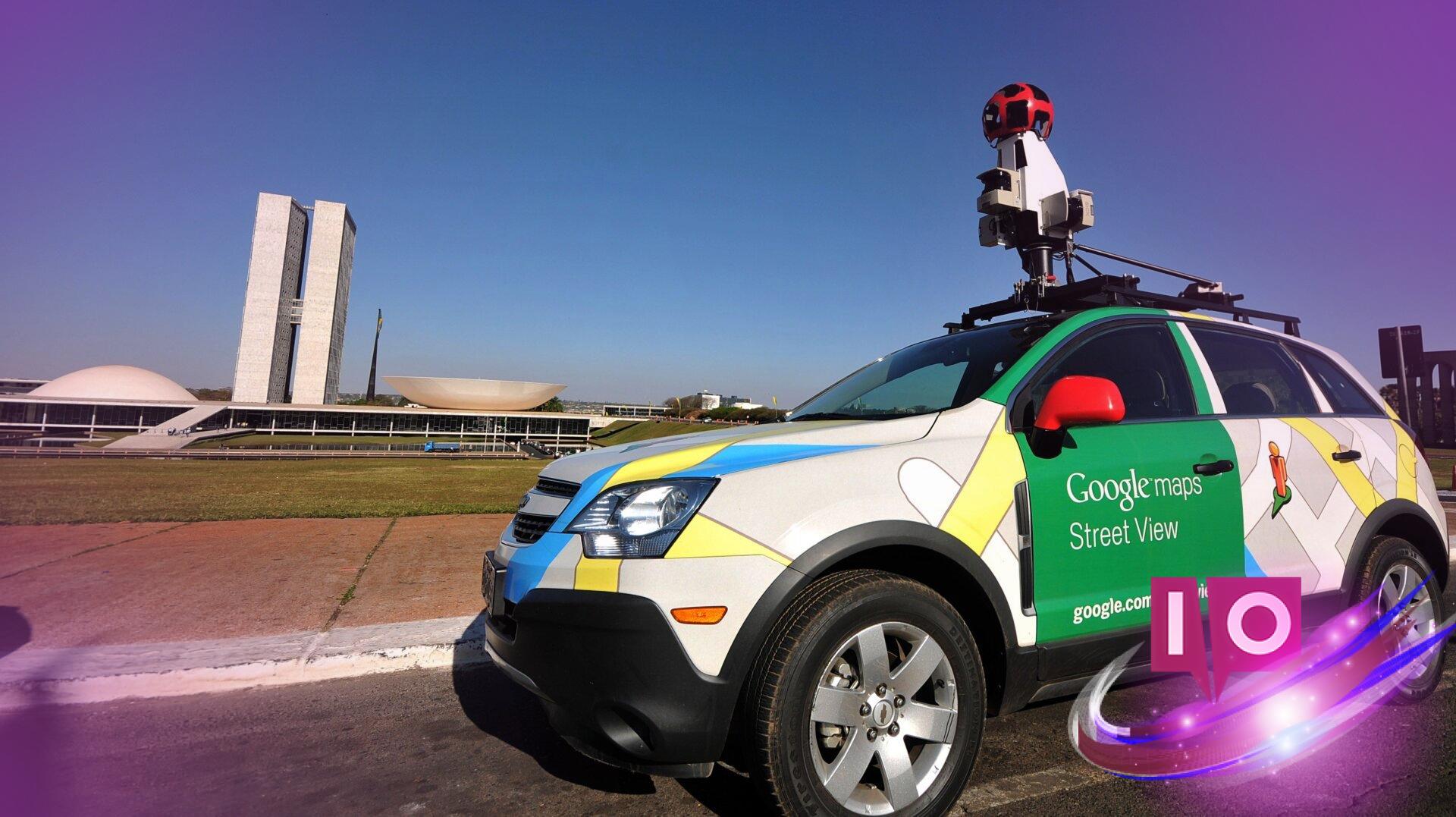Have you ever thought about the consequences of being caught in an embarrassing situation, especially when it involves something as invasive as Google Street View? An Argentinian man learned just how costly public humiliation can be, receiving a compensation of approximately $12,500 (around €11,500) for having his privacy invaded when he was caught naked in his backyard by a passing Google camera.
This peculiar incident took place in 2017 when the man, a police officer, was relaxing in his yard. Despite being behind a six-and-a-half-foot fence, the Google Street View car managed to photograph him in a compromising position. Although Google usually blurs out faces, in this case, they failed to obscure the man’s bare behind, which was clearly identifiable along with his street name and home address.
Privacy Violated: An Unexpected Case
According to CBS News, the man felt deeply humiliated, suffering ridicule from his neighbors and colleagues. Google argued that the fence he had was not tall enough to prevent the camera’s view. While they had a point, it seems fair to assume that the fence was not designed to keep out technology mounted on a vehicle driving by.
Legal Battles and Future Implications
Initially, the man’s request for compensation was denied by a court that concluded he bore responsibility for “walking around in inappropriate conditions.” While this might seem reasonable at first glance, an appeals court later sided with him, recognizing the invasion of privacy. They stated, “This involves an image of a person that was not captured in a public space but within the confines of their home, behind a fence taller than the average-sized person.” They labeled the situation a “blatant” breach of privacy.
Why Didn’t Google Blur the Image?
The court pointed out that Google routinely blurs faces and license plates in its Street View images, indicating an awareness of how damaging such exposures can be. Their failure to blur the naked individual raises questions about their commitment to user privacy. After all, “No one wants to appear exposed to the world as the day they were born,” the judges noted.
Comparative Compensation: A Measure of Accountability
The man won $12,500 (approximately €11,500) in damages from Google. This payout stands in stark contrast to the mere $1 (€0.93) that Google had previously paid to a couple in Pittsburgh for similar privacy concerns. However, it is significantly lower than the $13 million (€12 million) settlement the company agreed to for a class-action case involving unauthorized data collection.
What Can We Learn From This Case?
Could this incident signal a shift toward greater accountability for tech companies regarding privacy infringements? It certainly raises awareness about the importance of privacy laws in the digital age.
How does Google Street View work in terms of privacy protections? Google has implemented measures like blurring faces and license plates, but this case exemplifies the gaps that still exist in safeguarding individuals’ privacy.
What should individuals know about their rights regarding privacy? Understanding local privacy laws can empower individuals to seek justice when they feel their privacy has been compromised, especially in this increasingly digital world.
In conclusion, the compensation awarded to the Argentinian man serves as a reminder of the power public embarrassment can wield, and it highlights the need for careful consideration of privacy in technology. If you’re interested in exploring more on privacy issues and digital rights, visit Moyens I/O for insightful content.
